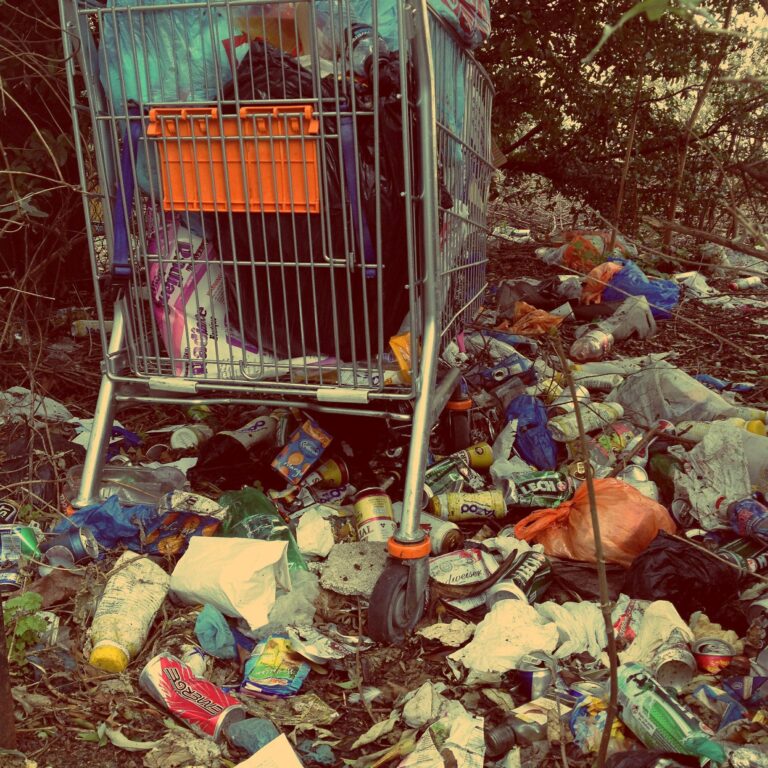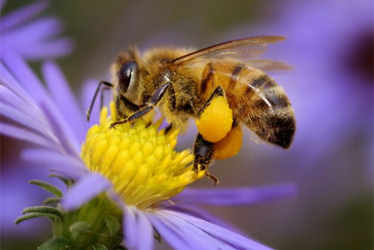By Rhys Coulter, MoveUP Environment Committee
Sorting through household waste material seems like a straight-forward task, but a challenging part is deciding whether to use the recycling bin or the garbage for certain items like bread bag clips, bottle caps/lids and plastic utensils. The act of recycling items that may or may not be recyclable in hope that they are may be good-intentioned, but it is actually complicating and hindering the recycling process.
This action of wishful or aspirational recycling can be referred to as “wishcycling”, and by definition (Collins English Dictionary) is “the practice of putting something in a recycling bin without being certain that it is actually recyclable.” One reason to wishcycle may be in an attempt to reduce one’s generated waste material in order to decrease a perceived, personal, environmental impact. Another reason may be in protest, to show governments that the public is aware of materials that should be recyclable by now and, yet, are not. Whatever the reason, the practicing of wishcycling is contaminating recycling streams and processes with landfill items, in turn costing recycling companies more time and money.
When receiving shipments of material, recycling companies often accept shipments containing only recyclable items. It is less cost-effective to sort through and separate the recyclables from wishcycled items that are ultimately landfill. Even after sorting, there is still likelihood that some wishcycled items may make their way into recycling processes, having the potential to damage equipment or devalue the final product (lower-grade recycled plastic). If a batch is too contaminated with unrecyclables, it can be rejected and, ultimately, end up as landfill.
One of best way for the public to optimize recycling processes is to only recycle items that are known to be accepted by your facility. Knowing where to find this information in your community is the first step; check out your local recycling depot for a definitive list of accepted items. By keeping unrecyclables out of recycling streams, recycling companies can more easily and successfully process material to be used for things such as upcycling. You can also minimize the wishcycle items that you consume by making mindful choices when consuming goods (avoiding bread bags with plastic clips, declining plastic cutlery, etc.).
More information can be found here:



